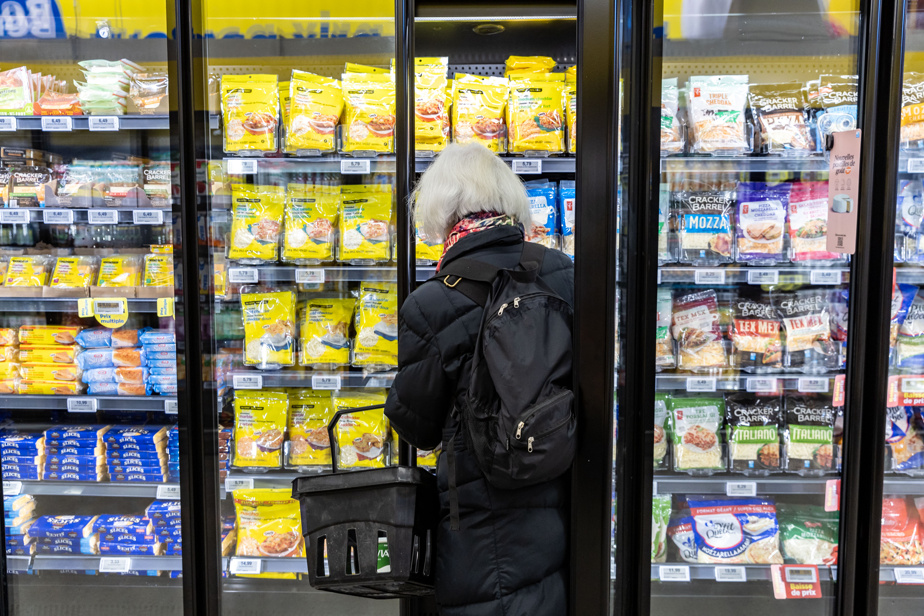(Ottawa) Economists expect the inflation rate to have increased last month. However, they do not believe the situation is alarming, as the pressure should ease.
Statistics Canada is due to present the Consumer Price Index for the month of December on Tuesday. We could then have a better idea of the inflation rate for the whole of 2023.
Experts expect December inflation to be higher than the 3.1 rate seen in November, as gasoline prices fell more sharply in December 2022 than last month. The impact of the change in prices recorded 12 months earlier on overall inflation is called the “year-on-year effect.”
CIBC forecasts that the inflation rate will have reached 3.4% in December.
According to the United States Department of Labor, the inflation rate reached 3.4% among our neighbors, an increase of 0.3 points compared to November. This increase is attributable to rising energy, food and real estate prices.
Economists warn that even though the inflation rate rose in December, that does not mean the future will be gloomy on this front.
The Bank of Canada is more closely monitoring indexes that ignore price volatility. If these indices fall, it means that price pressure continues to ease. If so, the central bank will breathe a sigh of relief.
The central bank is also observing how inflation has evolved in recent months.
James Orlando, chief economic officer of TD Bank Group, predicts a rate of 3.3% for December. He believes inflation has eased in recent months as some indexes hover between 2% and 3%.
This is what people need to remember, because this is what will guide the data over the next few months,” he emphasizes.
Food prices rose 4.7% in November from a year earlier, marking a slowdown from October’s 5.4%. The slowdown is expected to have continued into December.
However, Grantham cautions, that doesn’t mean the grocery bill won’t go down for families, because inflation has continued to rise, albeit at a lower rate.
“Unfortunately for families, the bill will be even higher, especially if we compare to the price situation two or three years ago. »
Economists expect the Bank of Canada to begin cutting its key rate when it is confident enough to see inflation falling toward the 2% target.
The Canadian economy should have slowed enough to convince the Bank of Canada that it is no longer overheating. This slowdown should have a dampening effect on price pressure, allowing the central bank to change direction.
“When the board of directors is convinced that price stability is being restored, we will then consider lowering the key rate, and when to do so,” Bank of Canada Governor Tiff Macklem. I know it’s tempting to start discussing these declines, but it’s still too early to think about it. »
